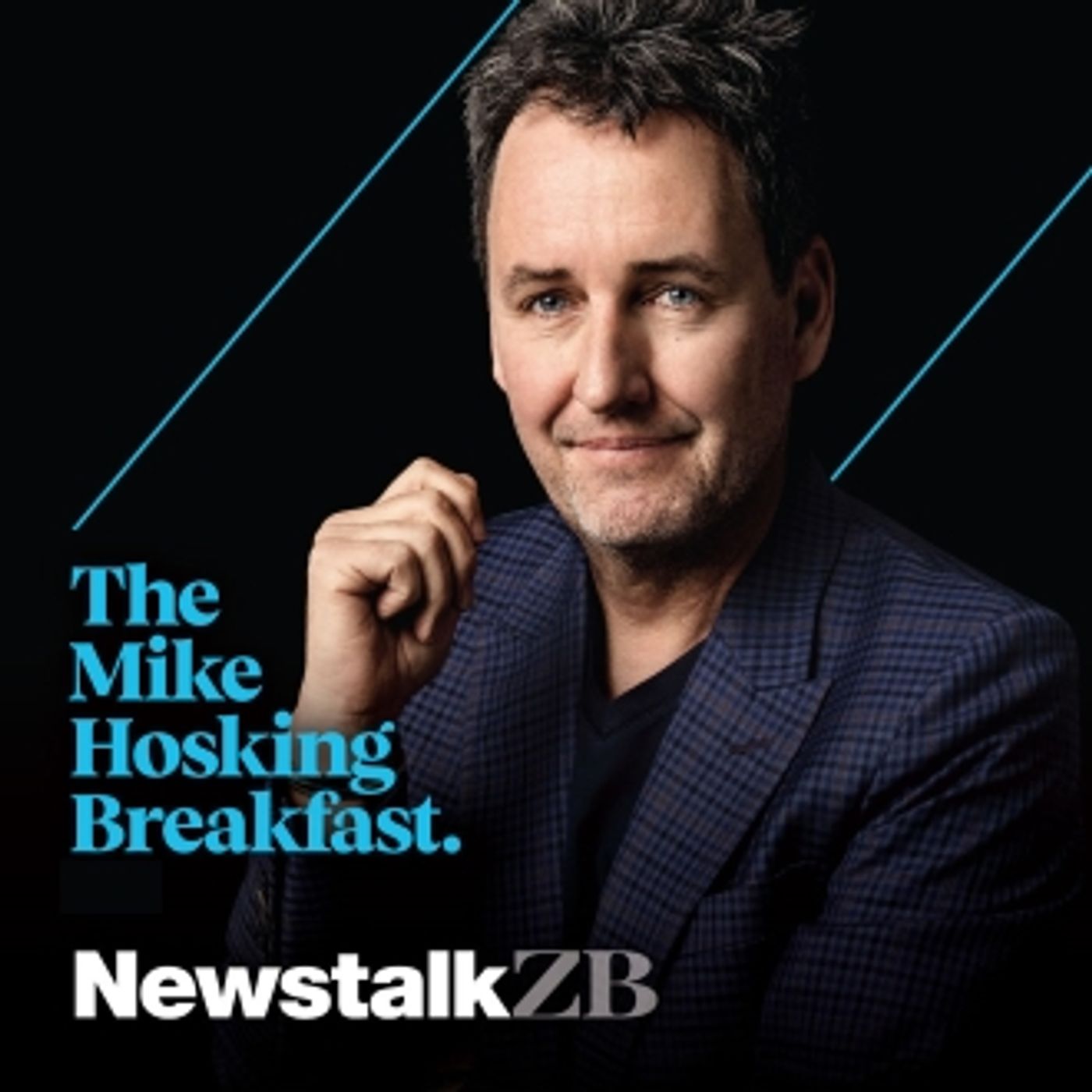- Other
- SEE MORE
- classical
- general
- talk
- News
- Family
- Bürgerfunk
- pop
- Islam
- soul
- jazz
- Comedy
- humor
- wissenschaft
- opera
- baroque
- gesellschaft
- theater
- Local
- alternative
- electro
- rock
- rap
- lifestyle
- Music
- como
- RNE
- ballads
- greek
- Buddhism
- deportes
- christian
- Technology
- piano
- djs
- Dance
- dutch
- flamenco
- social
- hope
- christian rock
- academia
- afrique
- Business
- musique
- ελληνική-μουσική
- religion
- World radio
- Zarzuela
- travel
- World
- NFL
- media
- Art
- public
- Sports
- Gospel
- st.
- baptist
- Leisure
- Kids & Family
- musical
- club
- Culture
- Health & Fitness
- True Crime
- Fiction
- children
- Society & Culture
- TV & Film
- gold
- kunst
- música
- gay
- Natural
- a
- francais
- bach
- economics
- kultur
- evangelical
- tech
- Opinion
- Government
- gaming
- College
- technik
- History
- Jesus
- Health
- movies
- radio
- services
- Church
- podcast
- Education
- international
- Transportation
- kids
- podcasts
- philadelphia
- Noticias
- love
- sport
- Salud
- film
- and
- 4chan
- Disco
- Stories
- fashion
- Arts
- interviews
- hardstyle
- entertainment
- humour
- medieval
- literature
- alma
- Cultura
- video
- TV
- Science
- en
Judith Collins: Why National wants the election delayed

Pressure is mounting on Prime Minister Jacinda Ardern to delay the September 19 election, with the National Party even saying a 2021 election would be acceptable.
National leader Judith Collins said today she had a "very cordial" conversation with Ardern yesterday and told her National preferred a new date of November 21.
The party would be fine if it was a little earlier than that, she told Newstalk ZB's Mike Hosking, but she did not believe it could happen on September 19.
"I said to Jacinda Ardern if you need to go to next year, we're happy with that, too. Just let us know and we're happy to give you the numbers in Parliament to make it happen."
Collins said election terms were very short in New Zealand, and a term of say three years and six months, was not a long extension.
"She would be very unwise to not move the date especially if there's another flare-up somewhere... that starts to look like we couldn't have a fair election and that opens all sorts of other options to people."
The parties needed time to release policies, and there would be not enough time or lead-up for a September 19 election, Collins said.
"Economically speaking it seems there's nothing in the bag when it comes to the current Government on policy. We will be putting our policies out. We want to continue to do that."
New Zealand First leader Winston Peters went as far as to imply it would be irresponsible for Ardern to keep the current date because of the outbreak of Covid-19.
Options previously put forward by the Electoral Commission are October 17 or November 21 - anything later would require Parliament to be recalled to lengthen the term.
The decision is solely that of Ardern, who will make an announcement on it at 10am.
Auckland's restrictions are set to be lifted on August 26 and the Electoral Commission - an independent body - has made plans for voting to happen safely under alert level 2, meaning there's nothing stopping the election going ahead.
But Ardern spent the weekend consulting with the leaders of each party.
Her office said "a range of views have been expressed that the Prime Minister has taken on board" and before announcing her decision Ardern would review the most up-to-date health information.
Yesterday there were 12 new cases in the community and one in managed isolation. All of the 49 active community cases could either be definitively traced to the Auckland cluster or were under investigation but considered likely to be connected.
Three people were being treated in hospital, including former Cook Islands Prime Minister Joe Williams, who is also a prominent GP for the Pasifika community.
And for the second day, more than 23,500 tests were processed, bringing the total to more than 63,000 in the past three days - meaning just 0.07 per cent of people swabbed have tested positive.
Despite the Auckland cluster appearing to be contained, the political pressure grew on Ardern yesterday with New Zealand First releasing a three-page letter from its leader Winston Peters to Ardern imploring her to consider later dates.
They now join National and Act in calling for a delay - making a political majority.
But Peters stopped short of saying his party would support a vote of no confidence in the Government if the election remained on September 19 and said he still had confidence in Ardern.
NZ First leader Winston Peters wants the election to be held on November 21. Photo / Alex Burton
The key concerns outlined in Peters' letter was the outbreak had "massively disrupted electioneering", low voter turnout, and keeping the Government's "sole focus" on the health response.
Community transmission had "fatally compromised" parties' ability to campaign, he said.
"The concept of holding a 'free and fair' election is directly related to the public's perceptions of political legitimacy, legitimacy of the outcome, as well as trust and confidence in the integrity of the General Election, the campaigns that precede it, as well as deliverability,"...